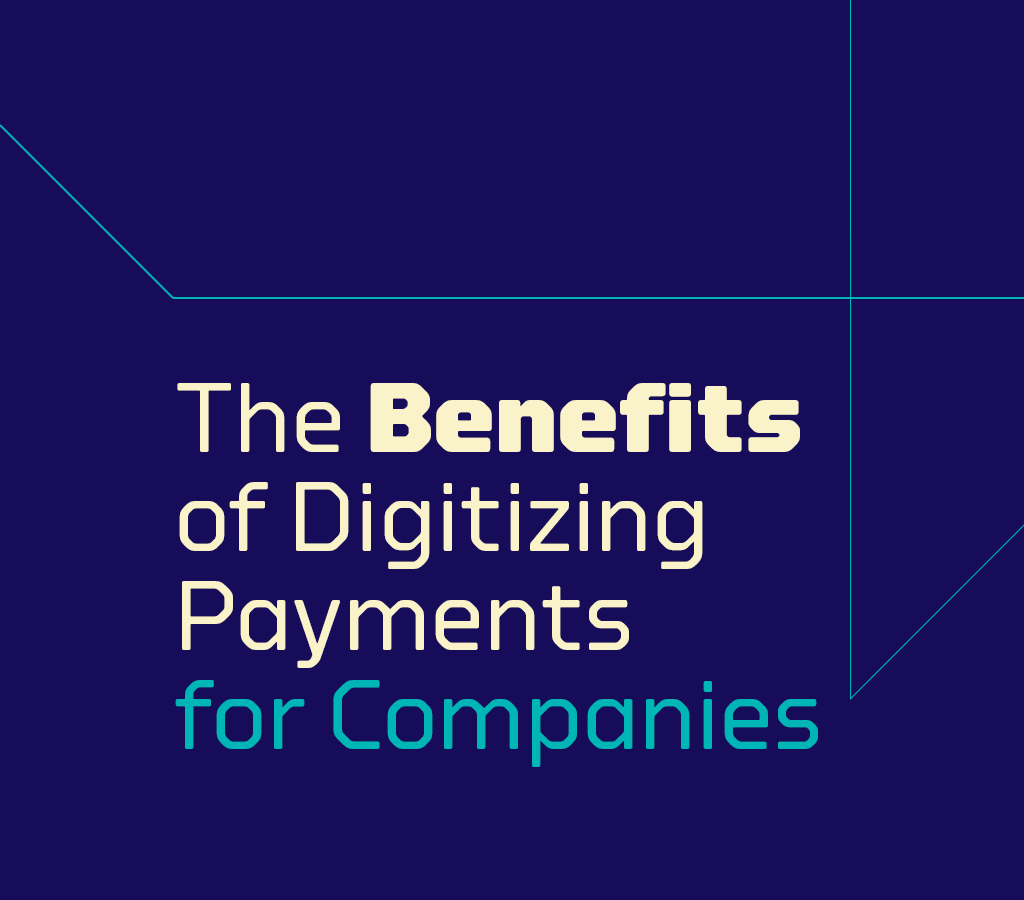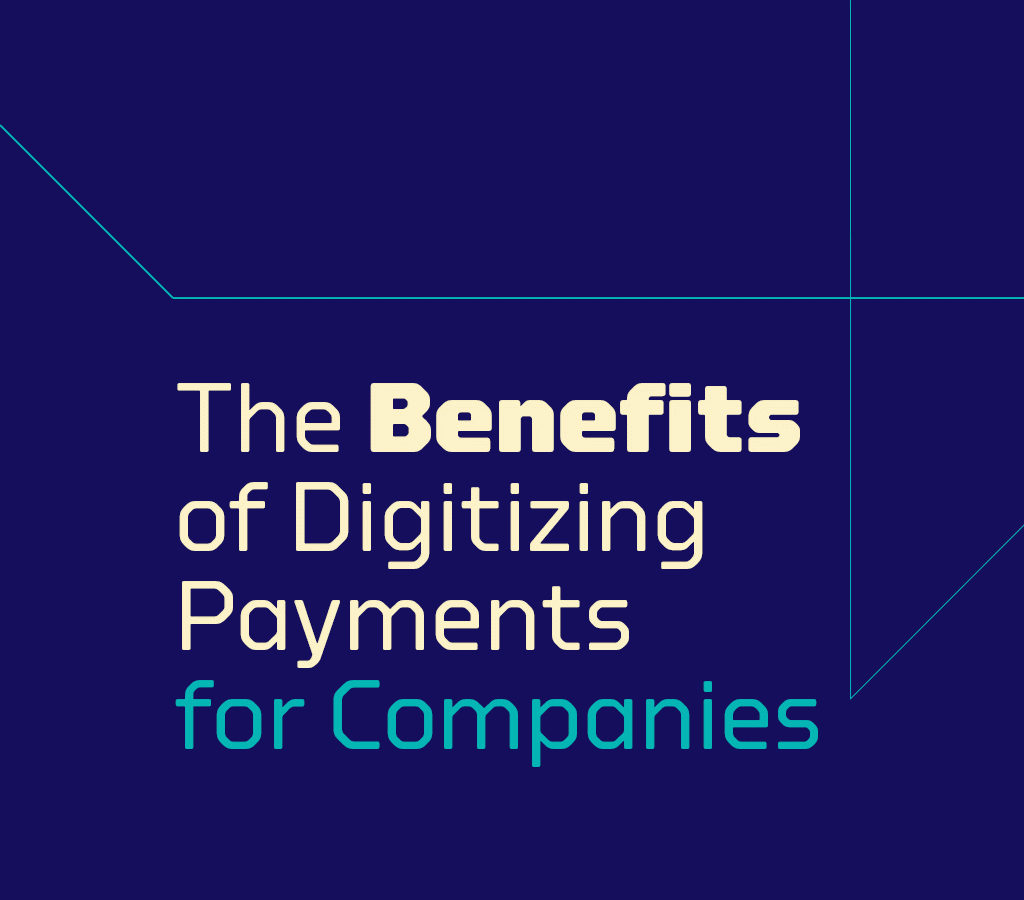Why cash is a problem for businesses around the globe
“Global businesses, like ours, now have a huge opportunity to harness the power of digital payments to drive financial inclusion.”
Paul Polman, CEO Unilever
Until very recently, bags of cash were dropped by plane, every 15 days, in remote rural areas of Uganda to pay more than 8,000 workers on tea estate plantations. When the cash arrived, workers waited half a day in line to collect their wages and the company had to deploy nearly a hundred staff members to manage cash payroll, including 64 field security guards and armed police. Now, the workers have the option to get paid on their mobile phone, which is safer, more convenient. It gives them access to financial services and lowers costs for the company.
In Bangladesh, factories producing the shirts and trousers you might be wearing today have to transport, secure and insure up to $2 million in bank notes to disburse all salaries on pay day. In Nigeria, the truck drivers distributing Coca Cola bottles to corner shops in the country are victims of robbery as often as once a month.
For these reasons and more, if you speak with company executives from Uganda to Mexico, Bangladesh to Kenya, one of the major problems they will say they face in their daily business is… cash.
Although it doesn’t have an explicit line item on financial statements, cash is expensive and businesses around the world are hampered by its exclusionary, inefficient, unsafe, and opaque shortcomings. Dealing solely in cash means workers, small businesses, retailers, or smallholder farmers are restricted from accessing financial services they need in order to save and invest in their businesses and lives.
The alternative? Digitizing supply chain payments.
“Digital payments bring improved efficiency for suppliers and greater transparency for industry.”
Art Peck, CEO Gap Inc.
Today, many companies are recognizing the impact cash payments can have on their supply chains and are turning to digital payments to flip the problem of cash into a multiple of benefits. We recently gathered, in a new report, insights from around 40 organizations, agribusiness, fast-moving consumer goods (FMCG), and apparel companies showing how digitizing supply chain payments is having a profound impact on global businesses, economies, and individuals.
The array of benefits includes improved efficiency, higher productivity, increased revenues, greater transparency and security, and stronger business relationships that drive more economic opportunities.
For example, in Mexico, card payments and digital services such as mobile phone airtime recharge enabled small retailers in Grupo Bimbo’s small shops network to increase sales by 20–30 percent. In Kenya, small retailers in Unilever’s Jaza Duka program grew sales by 20 percent in the first months of accessing digital working capital loans, based on their digital purchasing history. And in India, when Gap Inc. digitized payments for nearly 95 percent of factory workers, factories experienced saving equivalent to 16 full-time workers on the production line every month and a 15-20 percent general reduction in worker attrition and turnover.
Those are big benefits for companies. But what about individuals and their communities? The transition to digital payments is a key strategy toward achieving several Sustainable Development Goals (SDGs). Our experience shows that those who receive payments digitally are often getting their first entry point to formal financial services, spend less time at bank branches completing payments, and can gain greater ability to save, a key stepping stone to economic inclusion. For example, when seven leading fashion brands, including the Better Than Cash Alliance member’s H&M, partnered with BSR HERfinance digital payroll program, there was a 69 percent decrease in the number of instances women were unable to save. The digital delivery of the salary helped women workers stay in control of the money rather than a family member taking the cash payment.
“By promoting digital payment of wages, we promote better working conditions for women.”
Karl Johan-Perrson, CEO H&M

Get started by learning from Unilever, Gap Inc., and other leading companies
While the rationale for digitizing payments might be clear, understanding how to approach the transition is not. The experiences of leading global brands suggest that businesses can take three critical steps to overcome the inherent challenges.
- Build the case internally: Pick a few priority countries and start asking the question: Where and how is cash a problem in my supply chain? What are the costs related to cash, but also the potential of associated benefits with digital solutions, such as increased revenues, transparency, or data-driven insights?
- Create a value proposition for business partners: Create a strategy based on supplier, distributor, worker, or smallholder farmers’ pain points that digital payments can address. Many companies are bundling value-added services such as savings programs or access to working capital to create incentives.
- Contribute to the local market environment: Work with partners to understand constraints in local markets; partner with banks, Mobile Network Operators, and fintech to develop solutions on the long term.
The business case for enterprises to digitize payments throughout the supply chain is gaining momentum. The knowledge, trust, and networks that companies can bring to reach the unbanked will help to break down many barriers to build an inclusive digital economy. Whether your company wants the business benefits or the social outcomes made possible by digital payments, or both, now is the time to get started.
“By integrating digital payments, we helped drive inclusive growth for SMEs and their families.”
Daniel Servtije, CEO Grupo Bimbo
The full report and case studies, based on the experience of companies in the garment, fast-moving consumer goods (FMCG), and agricultural sectors – can be found on the UN-based Better Than Cash Alliance website.
